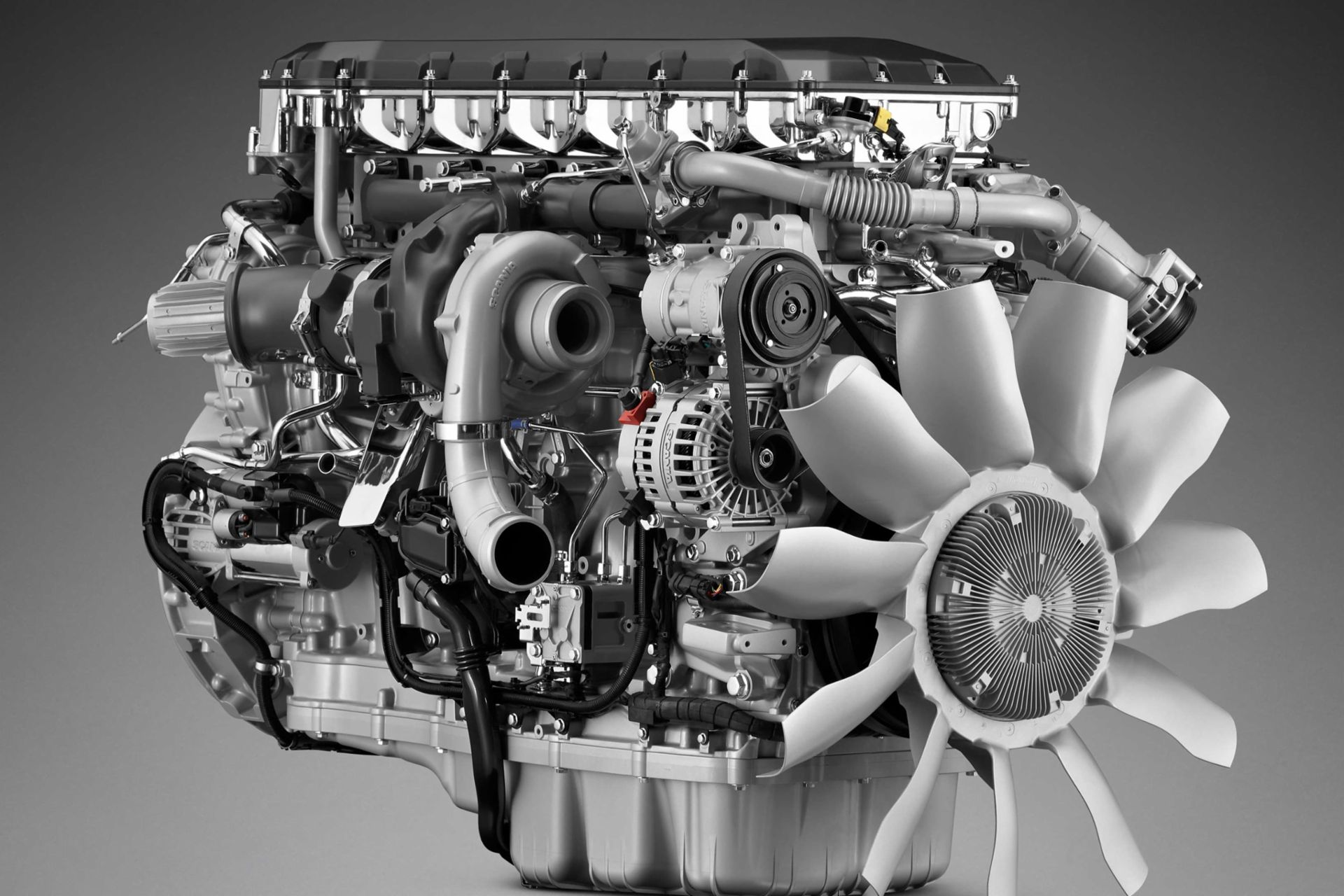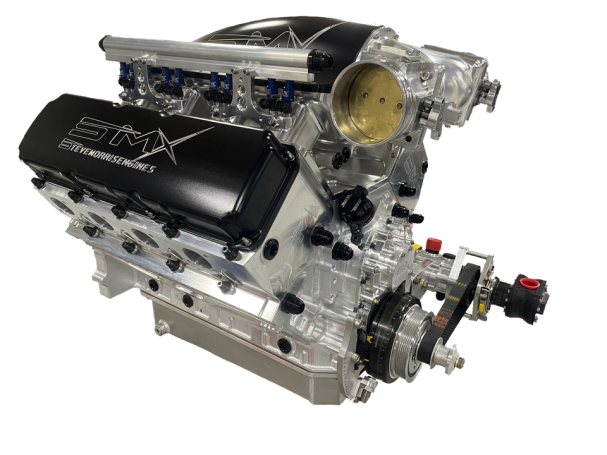The Impact of Innovative Engine Technologies on Energy Effectiveness and Environmental Sustainability
In the realm of transport and industrial equipment, the continual pursuit for improved energy efficiency and lowered ecological impact has led to significant improvements in engine innovations. From the gradual change towards hybrid and electric systems to the assimilation of turbocharging for boosted effectiveness, the landscape of engines is progressing quickly.
Evolution of Engine Technologies
The development of engine technologies over the years has been noted by regular development and refinement in pursuit of boosted performance and efficiency. From the early days of inner combustion engines to the cutting-edge crossbreed and electrical powertrains of today, the advancement of engine innovations has actually been driven by an unrelenting mission for boosted fuel performance and reduced exhausts.
One significant landmark in this evolution was the advancement of turbocharging and direct shot systems, which substantially boosted engine power result while improving fuel performance. These innovations permitted smaller, extra lightweight engines that could deliver the efficiency of larger ones without compromising on performance.
Moreover, developments in materials science have resulted in the extensive fostering of light-weight products such as light weight aluminum and carbon fiber in engine building. This has not just lowered total automobile weight however has actually additionally boosted engine efficiency by reducing energy losses connected with inertia and rubbing.
Benefits of Electric and Crossbreed Equipments
With the expanding emphasis on sustainability and power efficiency, what advantages do electric and hybrid systems offer in the realm of engine innovations? Electric and hybrid systems existing countless benefits that contribute to a more sustainable and energy-efficient future. One of the main benefits is the significant decrease in greenhouse gas emissions compared to typical internal burning engines. Electric lorries create no tailpipe exhausts, leading to improved air top quality and reduced environmental influence. Furthermore, electrical and hybrid systems are much more energy-efficient, transforming a greater percentage of stored energy into propulsion contrasted to standard engines. This efficiency leads to reduced energy usage and operating prices over the lorry's life time. Electrical automobiles provide regenerative braking systems that record and keep power usually lost during braking, additionally improving energy performance (engines for africa). Crossbreed systems incorporate the advantages of electrical propulsion with the flexibility of a burning engine, providing expanded driving ranges and decreasing variety anxiety for customers transitioning to electric automobiles. In general, electrical and hybrid systems play a critical duty in advancing energy efficiency and environmental sustainability in the transport sector.
Turbocharging for Improved Performance
Turbocharging jobs by making use of a turbine to force even more air right into the burning chamber, allowing for far better fuel burning and boosted power output without a considerable increase in engine dimension. By making best use of the effectiveness of the burning procedure, turbocharged engines can accomplish enhanced fuel economic situation and lowered emissions, contributing to environmental sustainability. The widespread adoption of turbocharged engines in both gas and diesel automobiles shows their efficiency in balancing performance, efficiency, and environmental impact.
Taking Advantage Of Alternate Gas
Utilizing different gas offers an encouraging avenue for minimizing carbon emissions and expanding the power sources made use of in transportation. As the world strives to combat climate change and reduce reliance on nonrenewable fuel sources, alternate fuels have actually obtained substantial interest for their potential ecological and financial benefits.
Biofuels, such as ethanol and biodiesel, are originated from renewable sources like sugarcane, corn, and algae, supplying a cleaner burning here are the findings alternative to standard fuel and diesel. These gas can be combined with existing oil gas or made use of in committed engines, providing a pathway to reduced greenhouse gas emissions and improve air high quality.
Additionally, hydrogen gas cells have emerged as an appealing innovation for zero-emission transportation. engines for africa. By converting hydrogen gas into power to power electric motors, fuel cell automobiles produce only water vapor as a by-product, removing damaging tailpipe exhausts completely
Along with decreasing carbon discharges, alternate gas can also boost energy protection by diversifying the fuel mix and minimizing dependence on imported oil. Accepting alternative fuels in transportation is a vital step in the direction of attaining a more environmentally pleasant and sustainable future.

Ecological Benefits and Future Leads
The ecological advantages of alternative fuels and their potential for long-lasting sustainability are key factors to consider in the shift towards cleaner power resources. Alternate fuels, such as biofuels, hydrogen, and power, offer considerable ecological advantages contrasted to traditional nonrenewable fuel sources. These gas generate reduced levels of greenhouse gas discharges, lowering air pollution and mitigating environment change effects. In addition, alternate fuels can aid branch out energy resources, improving energy safety and decreasing dependence on limited sources.
Improvements in innovation continue to boost the effectiveness and cost of alternative fuel vehicles, making them extra obtainable to customers. By welcoming innovative innovations and alternate gas, the course see this in the direction of a more sustainable future ends up being significantly achievable.

Verdict
To conclude, innovative engine technologies have actually played an important duty in improving energy effectiveness and advertising environmental sustainability. engines for africa. The development of engine technologies, adoption of hybrid and electrical systems, usage of turbocharging, and expedition of alternate gas have all added to boosting and lowering discharges efficiency. The environmental advantages of these developments are clear, and there is great possible for further development in the future. Engine technologies remain to be an essential area of emphasis for achieving an extra sustainable future.
In the world of transport and industrial machinery, the constant pursuit for enhanced energy performance and lowered environmental effect has actually led to significant improvements in engine technologies. Turbocharging works by utilizing a generator to require even more air right into the combustion chamber, allowing for better fuel burning and raised power output without a considerable rise in engine dimension. By making the most of check these guys out the effectiveness of the burning procedure, turbocharged engines can attain enhanced fuel economic climate and lowered emissions, contributing to environmental sustainability. Alternative gas, such as biofuels, hydrogen, and electrical energy, deal considerable environmental advantages contrasted to standard fossil fuels. The evolution of engine technologies, fostering of hybrid and electric systems, usage of turbocharging, and expedition of alternate gas have all contributed to raising and minimizing emissions effectiveness.